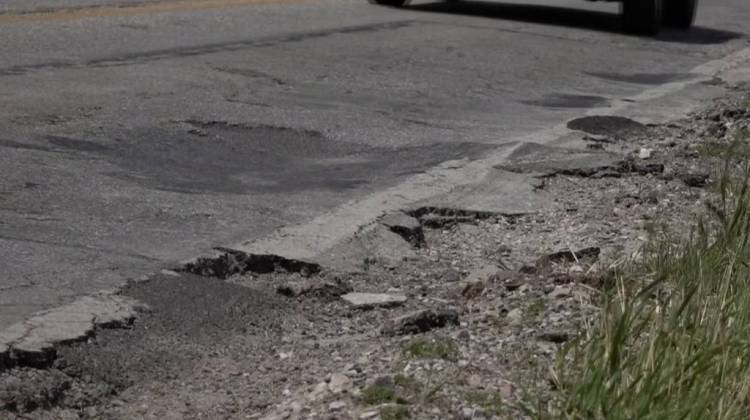
Under a Senate bill, the governor could only declare a widespread emergency – like during the pandemic – for a maximum of 60 days, with some legislative involvement.
Brandon Smith/IPB NewsThe Indiana Senate voted overwhelmingly Tuesday to severely limit the governor’s ability to declare public emergencies.
The bill is a reaction to many lawmakers’ unhappiness with executive orders Gov. Eric Holcomb issued throughout the COVID-19 pandemic.
Under the bill, the governor could only declare a widespread emergency – like during the pandemic – for a maximum of 60 days, with some legislative involvement.
But beyond that, only the General Assembly could extend the emergency longer.
Sen. Sue Glick (R-LaGrange) said her bill isn’t an attack on the governor.
“This bill allows the General Assembly to reassert its constitutional role in representation of the businesses and citizens throughout the state,” Glick said.
READ MORE: How Do I Follow Indiana's Legislative Session? Here's Your Guide To Demystify The Process
Join the conversation and sign up for the Indiana Two-Way. Text "Indiana" to 73224. Your comments and questions in response to our weekly text help us find the answers you need on COVID-19 and other statewide issues.
Sen. Lonnie Randolph (D-East Chicago) worries the legislature is in dangerous territory.
“Are we encroaching upon his position, his authority as governor, as the chief executive of the state of Indiana? We may be,” Randolph said.
Randolph also likened the situation to football. The governor is the quarterback, he argued, the one with the ball in his hands – and the quarterback needs to be able to improvise based on the situation they face.
Glick took the analogy a step further.
"I guess you would consider the General Assembly the offensive line," Glick said. "And there's always the chance that we might lay down and this quarterback will be looking up at the stars."
The bill cleared the Senate by a vote of 38-8 and now heads to the House.
Contact reporter Brandon at bsmith@ipbs.org or follow him on Twitter at @brandonjsmith5.
 DONATE
DONATE








 Support WFYI. We can't do it without you.
Support WFYI. We can't do it without you.